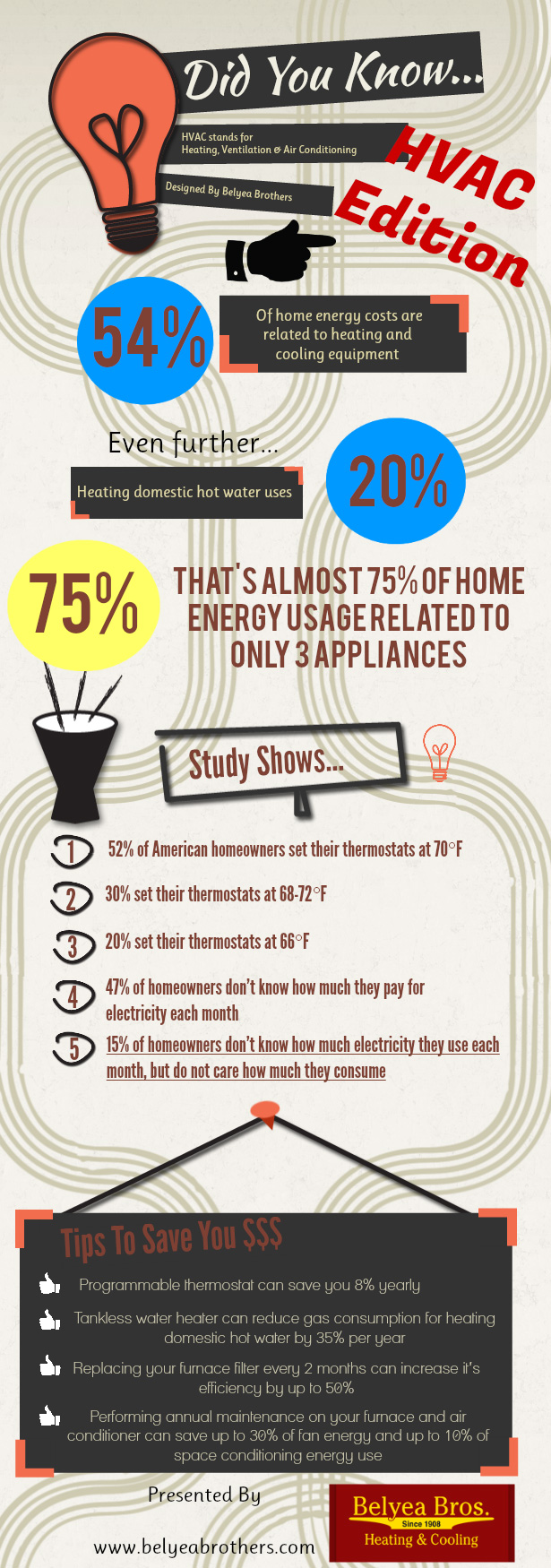The Future Of Home Heating - Exactly How Heatpump Innovation Is Progressing
The Future Of Home Heating - Exactly How Heatpump Innovation Is Progressing
Blog Article
Web Content Develop By-Merritt Dominguez
Heat pumps will certainly be an important innovation for decarbonising home heating. In a circumstance constant with governments' introduced power and climate dedications, their worldwide ability increases by 2030, while their share in home heating rises to one-quarter.
They work best in well-insulated homes and depend on electrical power, which can be supplied from a sustainable power grid. Technical innovations are making them extra effective, smarter and more affordable.
Gas Cells
Heat pumps make use of a compressor, refrigerant, coils and followers to move the air and warm in homes and appliances. They can be powered by solar energy or electrical power from the grid. They have been acquiring appeal because of their affordable, quiet operation and the capacity to generate electrical power during peak power need.
Some firms, like IdaTech and BG MicroGen, are dealing with gas cells for home heating. These microgenerators can change a gas central heating boiler and generate several of a house's electric needs with a connection to the electricity grid for the remainder.
But there are reasons to be skeptical of using hydrogen for home heating, Rosenow states. It would certainly be pricey and inefficient compared to various other modern technologies, and it would contribute to carbon exhausts.
Smart and Connected Technologies
Smart home modern technology permits homeowners to attach and manage their tools remotely with using mobile phone applications. For instance, wise thermostats can learn your home heating preferences and immediately adjust to maximize power consumption. Smart illumination systems can be regulated with voice commands and immediately shut off lights when you leave the area, minimizing energy waste. And https://medicalofficecleaningcomp18495.like-blogs.com/29187209/disproving-common-misconceptions-and-misconceptions-concerning-heat-pumps can monitor and manage your electric usage, allowing you to identify and limit energy-hungry appliances.
The tech-savvy home depicted in Carina's interview is a great image of exactly how residents reconfigure area heating methods in the light of brand-new clever home innovations. simply click the next site count on the devices' automatic functions to perform day-to-day adjustments and concern them as a hassle-free methods of conducting their home heating techniques. Because of https://www.wrex.com/news/top-stories/aaa-offers-hot-tips-for-motorists/article_9eb1d922-ebf2-11ec-8373-93e4ada773a5.html , they see no reason to adjust their practices even more in order to make it possible for adaptability in their home power need, and treatments aiming at doing so may encounter resistance from these homes.
Electrical power
Considering that warming homes represent 13% people emissions, a button to cleaner options can make a big distinction. But the modern technology encounters challenges: It's costly and requires substantial home renovations. And it's not constantly suitable with renewable energy sources, such as solar and wind.
Up until just recently, electrical heatpump were as well expensive to take on gas designs in most markets. However brand-new advancements in layout and materials are making them more budget friendly. And much better chilly climate performance is allowing them to function well even in subzero temperature levels.
The following action in decarbonising home heating may be making use of heat networks, which draw heat from a central resource, such as a neighboring river or sea inlet, and disperse it to a network of homes or buildings. That would certainly reduce carbon discharges and enable homes to capitalize on renewable energy, such as green electrical energy from a grid provided by renewables. This choice would certainly be much less pricey than changing to hydrogen, a fossil fuel that requires brand-new framework and would only reduce carbon dioxide emissions by 5 percent if coupled with improved home insulation.
Renewable Energy
As electricity prices drop, we're starting to see the very same trend in home heating that has driven electric vehicles into the mainstream-- yet at an even faster pace. The strong climate situation for electrifying homes has been pressed additionally by brand-new study.
Renewables account for a substantial share of modern warmth consumption, yet have actually been given minimal policy interest around the world contrasted to various other end-use sectors-- and also much less attention than electrical power has. In part, this reflects a mix of customer inertia, split motivations and, in several nations, subsidies for nonrenewable fuel sources.
New technologies might make the change less complicated. For instance, heatpump can be made much more power effective by changing old R-22 cooling agents with brand-new ones that do not have the high GWPs of their precursors. Some professionals additionally imagine district systems that draw heat from a close-by river or sea inlet, like a Norwegian fjord. The warm water can after that be used for heating and cooling in a community.